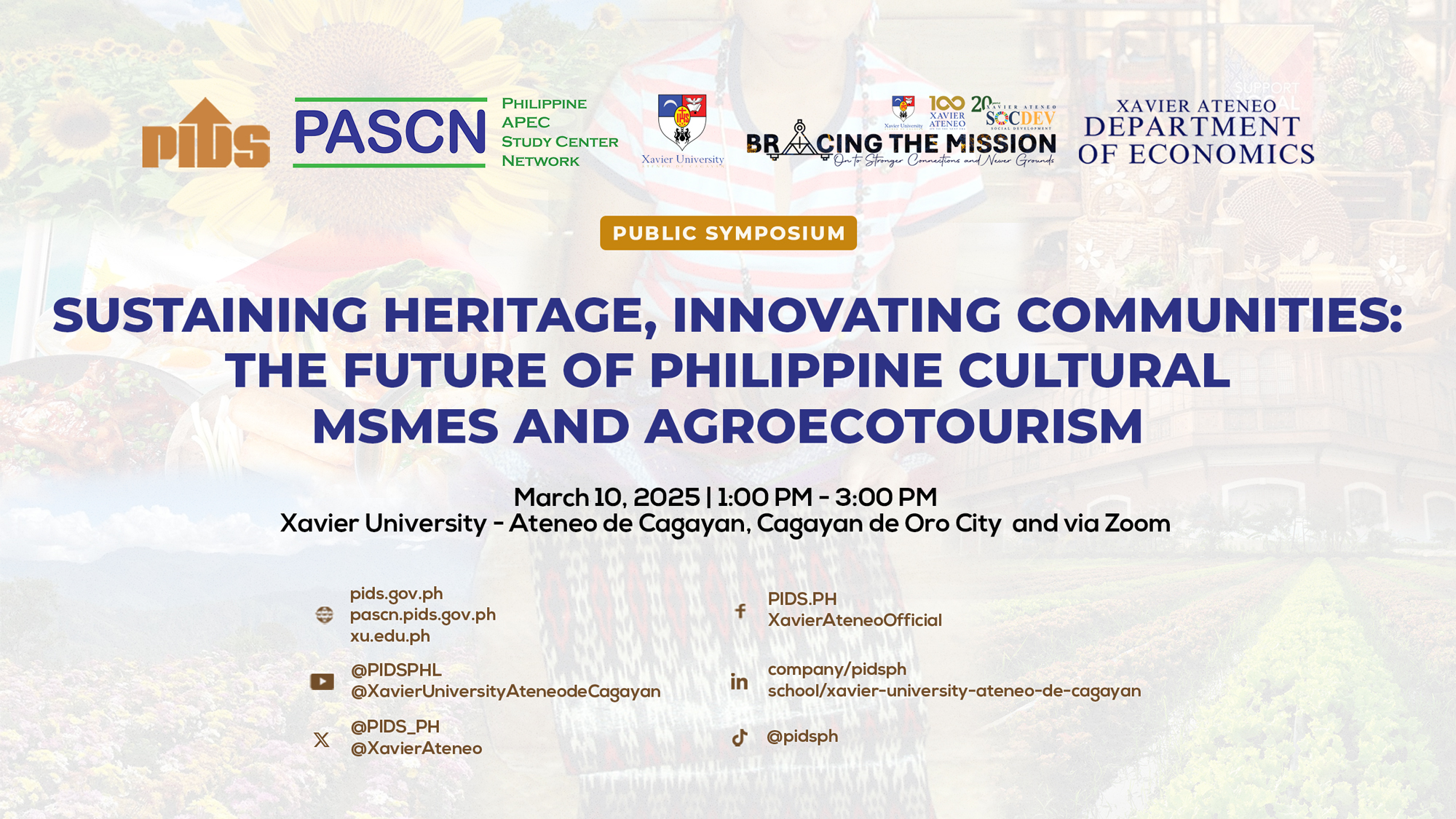The UP Agricultural and Applied Economics Circle (UPAAEC) kicked off its event entitled
“SAKALAM: Agrikultura sa Ilalim ng Labing-Anim na Rehimen” on November 13 2021, highlighting agriculture throughout the past and present regimes and its relation to politics.
SAKALAM featured three speakers who shared their sentiments on the status of Philippine agriculture including Dr. Rommel Linatoc, the Assistant Professor at the Department of Social Sciences in UP Manila; Dr. Roehlano Briones, Senior Research Fellow at the Philippine Institute for Development Studies (PIDS); and Mr. Raul Montemayor, the National Manager of the Federation of Free Farmers Cooperatives (FFCC) of the Philippines.
Dr. Linatoc started the first segment, “Everything is Political, Agriculture is Political.” Dr. Linatoc emphasized that agriculture is always related to politics through the prices of agricultural goods and natural resources. He further explained that the Philippines needs a sensible government to look after these resources and people.
“Agriculture is a political matter that must be addressed with a clear political agenda, better social agenda, and direct economic agenda that serves the peasant communities. It is essential that genuine reforms in the basic industries for agriculture are highly prioritized by the government to secure food sustainability and save the Filipino’s dignity,” Dr. Linatoc highlighted.
On the other hand, Dr. Briones talked on the second segment, “Agriculture Throughout the Years.” Dr. Briones discussed the policies of each regime and its effects on Filipinos up until now. He highlighted that even though many people are reliant on the agricultural sector, the Philippines is not to be considered as an “agricultural country” based on the declining contribution of the agricultural sector to the country’s Gross Domestic Product (GDP).
“We must pursue a market-driven approach where we address the remaining barriers to entry and other agricultural protection to develop our agro-food system of the country,” Dr. Briones said.
Consequently, Mr. Montemayor focused on the last segment, “Agricultural Policies.” Mr. Montemayor added in the discussion about the significance of the Rice Trade Liberalization (RTL) Law to the agricultural sector. He presented that the farmers and consumers lost billions of pesos within the two years of RTL implementation while the government gained otherwise.
“Ang lumalabas, mas nakinabang ang gobyerno kasya ang mamamayan,” Mr. Montemayor added.
This webinar is a one-day event conducted through Zoom platform and was live streamed on UPAAEC Facebook Page. It was spearheaded by the UP Agricultural and Applied Economics Circle in partnership with:
● SAVE ME Movement – PUP Chapter
● PUP Statistics Students’ Clique
● The HEarth Movement
● CLSU Collegian
● PUP Tourism Management Society
● Ranchers’ Club Philippines – Central Luzon State University
● DAMLAY PUP Sta. Mesa
● Radicands – CVSU Cluster Applied Mathematics Students
● CAFENR Student Council
● UP Kappa Phi Sigma – Conservation and Development Society
● Political Science Society (PSS) – PUP
● PUP Hygears
● Scientia PUP
Also brought by:
● Society of Future Economists – CVSU
● CLSU – Soil Science Society
● Philippine Association of Food Technologists, Inc. – Beta Chapter
● International Veterinary Students’ Association – Cavite State University
● UP Agribusiness Society (UPABS/BISOK)
With special thanks to:
● PUP Chemical Society
● Computer Engineering Students Society – ICPEP Student Edition CVSU Main
● PUP Peer Facilitators Association
● UP Silakbo
● The Graphic Literature Guild
● PIIE – Cavite State University Student Chapter
● The League of Agricultural Engineering Students N.G.
● ACE PRIME Dancers
● UPLB Perspective
The UP Agricultural and Applied Economics Circle is the sole recognized academic organization under the Department of Agricultural and Applied Economics, College of Economics and Management, University of the Philippines – Los Baños. The organization’s main purpose includes promoting Agricultural and Applied Economics as a field of study and as a career and raising awareness to its constituents on the current state of the agricultural sector.
UPAAEC launches SAKALAM 2021, focuses on the state of Philippine agriculture












